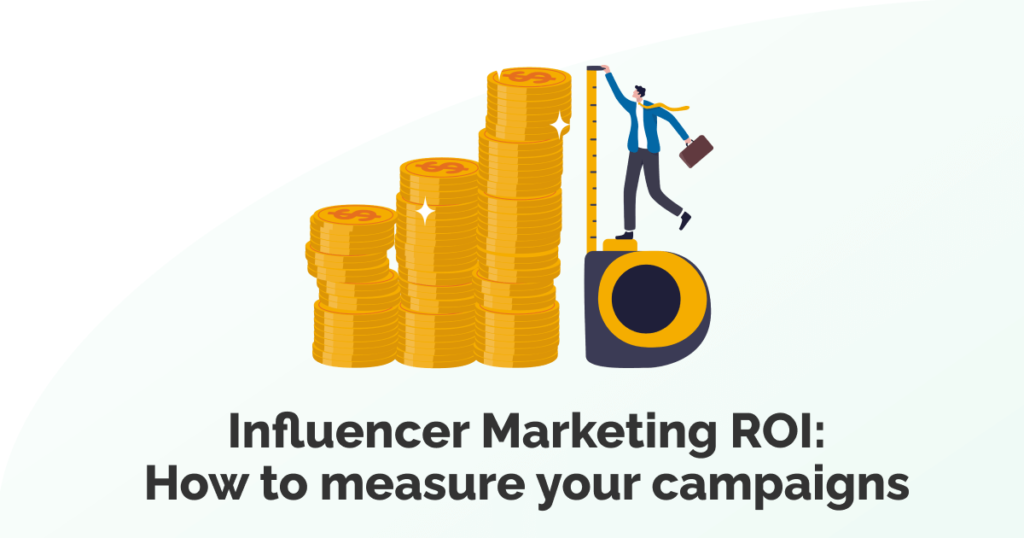Hashtags for Small Business: How to Make Them Work for You


Do you want to elevate your small business’s social media game and get noticed by potential customers? Look no further! Hashtags can be your secret weapon. In this comprehensive guide, we’ll explore hashtag strategies, best practices, and tools that will help your small business thrive in the competitive online world. Let’s dive in and make hashtags work for you!
Understanding the Power of Hashtags
Before we jump into hashtag strategies, it’s essential to understand the value of hashtags and how they can benefit your small business. Hashtags are keywords or phrases preceded by a pound sign (#) that help categorize and discover content on social media platforms. They allow users to find relevant posts and engage with others discussing the same topic. The benefits of using hashtags for your small business include:
- Increased visibility and reach
- Improved engagement with your target audience
- Enhanced brand awareness
- Better searchability of your content
- Connection with trending topics and conversations
Choose the Right Hashtags for Your Small Business
To make hashtags work for your small business, you need to choose the right ones. Here are some tips to help you pick the best hashtags for your niche:
- Research relevant industry hashtags: Identify popular and trending hashtags in your industry and incorporate them into your posts.
- Use branded hashtags: Create a unique hashtag specific to your brand or campaign to help build brand recognition and encourage user-generated content.
- Mix broad and niche hashtags: Use a combination of broad, high-traffic hashtags and niche, specific ones to maximize reach and engagement.
Hashtag Best Practices
To ensure your hashtag strategy is effective, follow these best practices:
- Don’t overdo it: Limit the number of hashtags per post to avoid appearing spammy. Stick to 5-10 relevant hashtags for platforms like Instagram, and 1-3 for Twitter.
- Test and analyze: Monitor the performance of your hashtags and adjust your strategy accordingly. Use analytics tools to determine which hashtags drive the most engagement and conversions.
- Keep it consistent: Use consistent hashtags across your social media platforms for better brand recognition and a cohesive online presence.
Optimize Hashtags with Long-Tail Keywords
Long-tail keywords are specific, multi-word phrases that tend to have lower search volume but higher conversion rates. Incorporating long-tail keywords into your hashtags can help target a more focused audience and improve your content’s searchability. Use keyword research tools to identify relevant long-tail keywords and turn them into hashtags.
Engage with Hashtag Communities
Actively engage with users and communities associated with the hashtags you use. By participating in conversations, you’ll increase your brand’s visibility, establish credibility, and foster relationships with potential customers.
Monitor and Adjust Your Hashtag Strategy
Continuously monitor the performance of your hashtags and adjust your strategy as needed. Use analytics tools to track engagement, reach, and conversions. Stay up-to-date with trending hashtags and adapt your content accordingly.
Utilize Hashtag Tools for Success
There are various hashtag tools available to help you streamline your hashtag strategy. Some popular options include:
- Hashtagify: Discover trending hashtags, analyze their performance, and identify influencers in your niche.
- RiteTag: Get real-time suggestions for hashtags based on your content and optimize your posts for maximum engagement.
- Keyhole: Monitor hashtag performance, track competitors, and identify influencers to collaborate with.
Incorporate Hashtags in Your Content Marketing Strategy
Integrate hashtags into your overall content marketing strategy to achieve better results. Here’s how:
- Include hashtags in blog post titles and descriptions: This helps drive social media engagement and searchability when your content is shared online.
- Add hashtags to your email marketing campaigns: Including relevant hashtags in your email subject lines and body can encourage readers to share your content on social media.
- Use hashtags in offline marketing materials: Add hashtags to your print materials, such as brochures, business cards, and posters, to create a connection between your offline and online presence.
Conclusion:
Hashtags can significantly boost your small business’s online presence when used strategically. By incorporating the tips mentioned above, you can create a hashtag strategy that maximizes engagement, reach, and conversions. Keep an eye on hashtag trends and algorithm changes, and be ready to adapt your approach as needed. With consistency and dedication, you’ll see the benefits of hashtags in driving your small business’s growth and success.






Responses